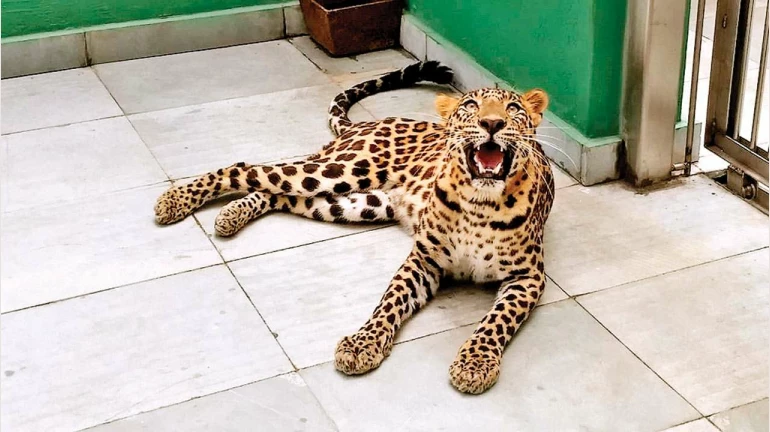
Officials from the Sanjay Gandhi National Park (SGNP) have started a project to study leopards and their behaviour in urban landscapes with the help of radio collars. These collars will also help officials understand the leopards’ interactions and/or conflicts with humans.
The project utilizes GPS telemetry to enable the radio collars to communicate with a satellite. This plan to track leopards was originally proposed in 2016, though financial and regulatory hurdles, especially with regard to permissions from the State and Central authorities, delayed the plan. Moreover, the COVID-19 lockdown further delayed the process. It is said that each radio collar costs approximately ₹5 lakhs.
Park officials attached the first collar on Savitri, a 2.5 to 3-year-old female leopard which was seen frequenting the regions between the park, Aarey Colony and Film City. The leopard was named after historic educationist and social reformer Savitribai Phule.
Director at SGNP, G Mallikarjuna said that the first phase of the project will involve the monitoring of the movement of Savitri along with another male leopard for a period of six months.
“Since leopards are very secretive animals, we know little about them. We have selected leopards that live on the periphery of the park and more often come in contact with humans. This study will help the forest department answer questions like their land use pattern, their movement across roads with busy traffic and how they avoid humans. It will help us take steps to protect it,” he added.
Read - Authorities To Fix Potholes On Roads Inside Aarey Colony Prior To Monsoon
The State Forest Department and the Wildlife Conservation Society are jointly carrying out this leopard monitoring plan. Officials will study a total of five leopards as part of the project, which will be conducted in two phases.
The data gathering process will involve officials physically being present at the sites where the leopard has crossed based on data obtained from the transmitters in the region. Officials are also expected to learn more about the migratory patterns of leopards among other things.
Also read - Maharashtra: Leopard Deaths In 2020 Is At Its Highest In 5 Years





